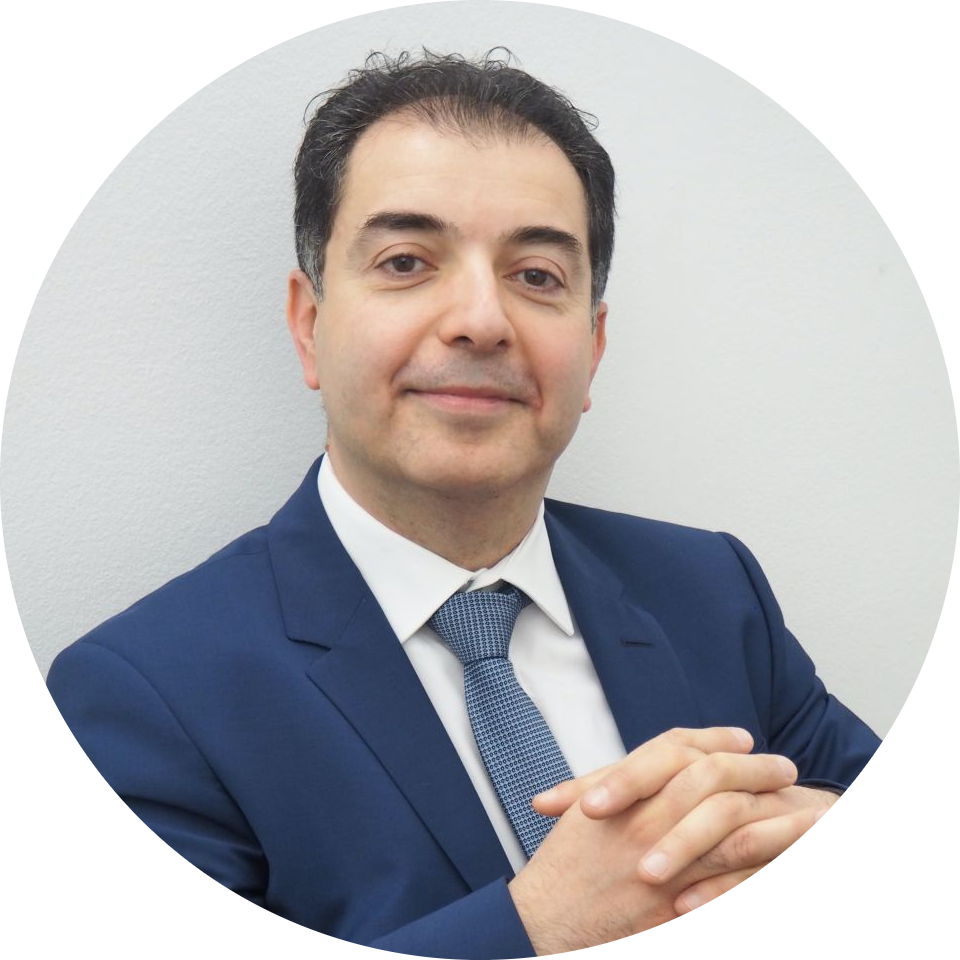
Home Remedies For Dry Eyes: 5 Quick Tips
Dry eye disease is becoming a very common condition and there are many causes for it. If you suffer from any form of dry eye disease you will know this can sometimes be hard to manage and can mean trialling many different courses of treatment to find what is right for you.
Before starting any course of treatment or at-home therapies you should seek advice from a dry eye specialist who can recommend the best course of treatment for you. While your ophthalmologist will usually prescribe an individual treatment plan for you to help with your dry eye symptoms and to help treat the cause of the problem, there are a few things you can do at home to help look after your dry eyes.
1. Heated Eye Masks and Eye Lid Massages
This is usually one of the first at-home treatments an ophthalmologist will recommend to help relieve symptoms of dry eye disease. You can purchase eye masks from most pharmacies and high street chemists. The eye masks are usually heated in the microwave and are then placed over closed eyes for about 10-15 minutes. It is recommended to follow heated eye masks with an eyelid massage, this involves using your fingers to apply gentle but firm pressure near the eyelid margins. Before starting this therapy at home, it is best to get advice from your dry eye specialist who can show you the best technique for eye lid massaging and recommend how many times a day this treatment should be done. The aim of this treatment is to help unblock the meibomian glands, which are small glands along the eyelid margin, that can get blocked in patients with dry eyes.
2. Artificial Tear Replacements
Artificial tear replacements are another therapy that is usually advised at the start of dry eye diagnosis. Artificial tear replacements come in many forms; drops, gels and ointments. The purpose of this type of dry eye treatment is to replace the tears you aren’t making due to dry eye disease and to help ease the discomfort suffers can experience. Many people use drops during the day and then a gel or ointment at night before bed, but this can vary and people with severe cases of dry eye disease may have to use gels or even ointment during the day. Artificial tear replacements can be purchased over the counter but again it is always best to speak with a specialist before buying them.
3. Keep Hydrated
Keeping hydrated is extremely important for everybody but people with dry eye disease should make a conscious effort to drink the recommended 1.5-2.5 litres of water a day. Keeping the body well hydrated will in turn keep the eyes hydrated too.
4. Omega-3
Taking a form of omega-3, such as flaxseed oil capsules or fish oil capsules, can help with dry eye symptoms. Omega-3 contains fatty acids and we need these in our diets as our body cannot make it. There are many studies showing that taking omega-3 can help with symptoms of dry eye disease. Not everyone is suitable to take omega-3 and it may interfere with other medications, so before starting this you must get professional advice.
5. Rest the Eyes
Working on a computer or other visual display unit (VDU) is unavoidable for many people but using these can really make dry eye symptoms worse. When we use VDUs, we do not blink as much which can cause dryness of the eyes. One simple step most people can take is to follow the 20-20-20 rule; every 20 minutes look 20 feet away for 20 seconds. This can really help dry eye disease suffers when using VDUs. It is also good to try and limit your use of VDUs when possible.
While all the above are good at-home tips to follow if you suffer from dry eye disease it is vital to seek medical advice from a specialist in dry eye disease as dry eyes can sometimes be a cause of something more underlying. Also get advice before starting any new treatment.

About the expert
Mr Hamada | Consultant Ophthalmologist and Corneal Surgeon
MD, MSc, DO (hons), FRCSEd, FRCOphth I am Samer, founder and consultant ophthalmic surgeon with over 20 years’ experience in ophthalmology. I am a world-renowned specialist in cornea, cataract and refractive surgery. I’m not only a leading surgeon but also the only dual fellowship trained in corneal diseases in children from reputable institutions in the UK. At Eye Clinic London I work closely with other consultant ophthalmologists, optometrists and orthoptists to achieve the best outcomes for our patients. Our main aim is to make sure our patients get the safest and best treatments available to them. We put your safety before anything else so you can rest assured that if you choose us you will be in the best and safest hands.



